Builder Spotlight: StackerDAO Labs
by Claire Topalian on August 20, 2022

Orlando Cosme is the Founder of StackerDAO Labs and part of the 2nd Stacks Accelerator Cohort.
StackerDAO Labs is a one-stop shop to create and manages DAOs secured by Bitcoin. In the below conversation, we learn more about his vision for the project, his experience in the Accelerator, and what's next for StackerDAO Labs.
StackerDAO Labs is a one-stop shop to create and manages DAOs secured by Bitcoin. In the below conversation, we learn more about his vision for the project, his experience in the Accelerator, and what's next for StackerDAO Labs.
- Claire:For those who aren’t familiar, can you share what your team at StackerDAO Labs does?Orlando:Our mission is to unleash community ownership by building infrastructure and tools for people to create and manage Bitcoin DAOs. We’re building a no-code platform so anyone can spin up their own DAO without a developer background. We’re also building developer tools so that developers and other businesses can build highly customized DAOs. On this end of the spectrum, we want to empower more functionality for more complex projects and allow other applications to plug into our infrastructure.
We just launched our MVP a few weeks ago: StackerDAOs.com. We have a bunch of changes and improvements coming quickly. - Claire:What problem are you tackling with your project? What inspired you to address this problem?Orlando:My co-founder and I met via Discord - NFTs on Stacks were just kicking off. We ended up talking and determining that we both wanted to work on an NFT project. When Miami Coin launched, we wanted to be able to mint NFTs with MiamiCoin and then allow NFT holders to manage the funds and vote to send them to local Miami causes. We wanted a DAO to do this with automatic functionality, but there was no DAO infrastructure on Stacks at the time. Then we learned how big of an undertaking it was to build a one-off solution, and we realized the demand was huge for this, so we decided to go big and to build a way for people to create and manage their own DAOs.
- Claire:What functionality does your work unlock for users/stakeholders?Orlando:From using a DAO to run core functionality or as auxiliary to their business, a founder can use our infrastructure to form a DAO for themselves for their own products/services. On the other side, if anyone wants to build an app and integrate any sort of DAO or coordination functionality, then they can do so with our developer tools, connecting with us for that middle-layer. This ultimately saves entrepreneurs a lot of time, allowing you to build something out in a few days rather than months.
- Claire:Can you share more about your experience as part of the Accelerator?Orlando:I’m a first-time founder, so I thought it was pretty helpful for me - there’s a lot of things that you just don’t know as a first-time founder. It’s helpful to be able to speak to other founders and work directly with people. It was also really helpful to learn about fundraising through the Accelerator. There’s a ton of inside baseball, you really have to be on the inside to a degree to understand how fundraising works. We’re currently raising a pre-seed round and there is a big learning curve.
- Claire:Any other noteworthy experiences you’ve had while working on your project? Any learnings or pivots?Orlando:We’ve had some slight pivots in terms of what our product should look like. Initially, we wanted the product use-case to be pretty narrow–NFT projects that funded causes, then it became broad, focusing on broader modular and composable DAO creation and management. I think this is common for startups; you focus a lot on one problem and then you get pulled in a ton of directions and you have to recalibrate.
Initially, if you asked me a few months ago about our main product, I would tell you about our platform. I actually think now (and it’s still early) it will be our SDK / developer tools. Rather than trying to compete with a bunch of people, it’s more interesting to be a source for other people to build their own things. Plus, the optimal DAO structure varies according to its use-case, so instead of trying to fit DAOs into a couple of off-the-shelf templates, it makes sense to provide people with the tools to create what they think is the optimal structure for their communities. We’re starting to see demand really pick up for this. I wouldn’t be surprised if we continue to focus more on our developer tools over time.
For our platform, our app, the hardest thing we have done is build our front-end and make the app interact with the blockchain. It’s one of those situations where you realize that what has the most demand is really about the problems that you solve while building the app. - Claire:How did you first get involved with or hear about the Stacks ecosystem?Orlando:I heard about Stacks when Mainnet launched last year. One of my friends sent me some information about it, I bought some STX and just kept looking into it more and more. I had never been at the ground floor of an ecosystem before, so I was keeping a close eye and talking to other founders to learn more about projects. Things really picked up a lot and there was a big influx of community members - so I started talking to more people and offering help. This ultimately led to me working on StackerDAO Labs.
- Claire:Are there any updates/announcements coming up that readers can look for?Orlando:I have a legal background, so we are aiming to incorporate legal support in the future as well. We’ll lead off with legal entity formation - being able to form a legal entity for your DAO with a few clicks. We’ll also offer form agreements for contributors, IP agreements…we will expand on this, but this is near-term.
We’re also releasing an investment DAO template for users that will be live in the fall. By the end of year, we’d like to release a Software Development Kit to allow startups to use our infrastructure to build their own customized DAOs, or build apps that integrate our infrastructure to build their own DAO launchpads and management user-interfaces.. - Claire:Where can we send readers to learn more?Orlando:
Learn more about the Stacks Accelerator
Drop in your email to stay in the loop on Stacks Foundation news



